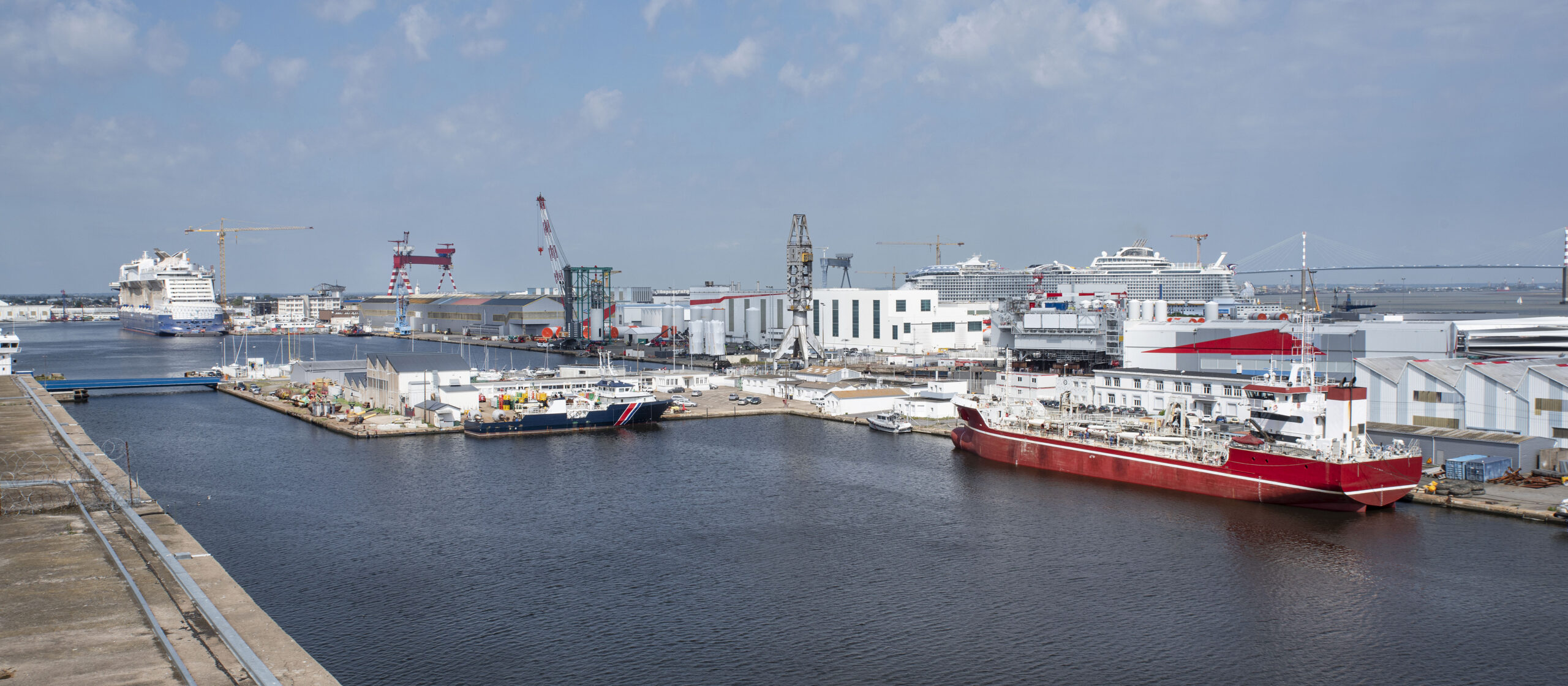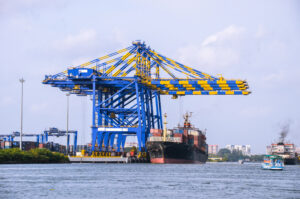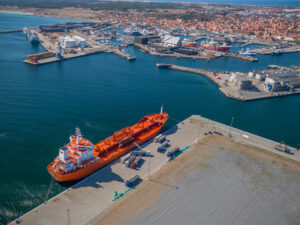In new research “France’s LNG Paradox,” the Institute for Energy Economics and Financial Analysis (IEEFA) has reported that France risks unnecessary investments in new liquified natural gas (LNG) infrastructure, as the utilisation rates of existing terminals decline and gas use falls.
Gas use in the first half of 2023 was lower than the same period of the preceding two years. Based on Eurostat data, gas consumption in August 2023 plummeted to a ten-year low.
IEEFA noted that the average utilisation rate of France’s operational LNG import terminals was 60% between January and August 2023, down on last year’s rate of 74%, raising doubts about the need for the new floating storage regasification unit (FSRU) that recently arrived at the port of Le Havre.
In the report it is highlighted the fact that France continues importing Russian LNG, and allowing transshipments of Russian LNG destined for other markets, even though the country wants to break its dependency on Russian gas.
Ana Maria Jaller-Makarewicz, author of the report and energy analyst for IEEFA’s Europe team, said the utilisation rate of France’s LNG terminals has been lower in 2023 compared to last year, and raised the question if there will be a need for its new LNG terminal since demand keeps falling.
The energy crisis has led France to expand its gas and LNG infrastructure to be able to import the fossil fuels via other routes. Investments have been made with plans to increase the capacity of LNG terminals, and to boost the capacity and modify the direction of the flows of gas pipelines.
But while France has been busy planning and building all this new infrastructure, gas consumption has been falling, as the report notes.
In 2022, EU gas consumption decreased by 13.2% year over year, and the International Energy Agency has cut its European demand forecast for 2023, seeing a 7% decline.
Helped by lower gas consumption, the EU has reached its target of filling gas storage facilities to 95% of capacity ahead of the 1 November deadline.
To note, IEEFA said that if demand keeps decreasing, there’s a high possibility that France’s planned investments won’t be necessary to guarantee security of supply, and won’t be the solution needed to reduce dependency on Russian gas.



